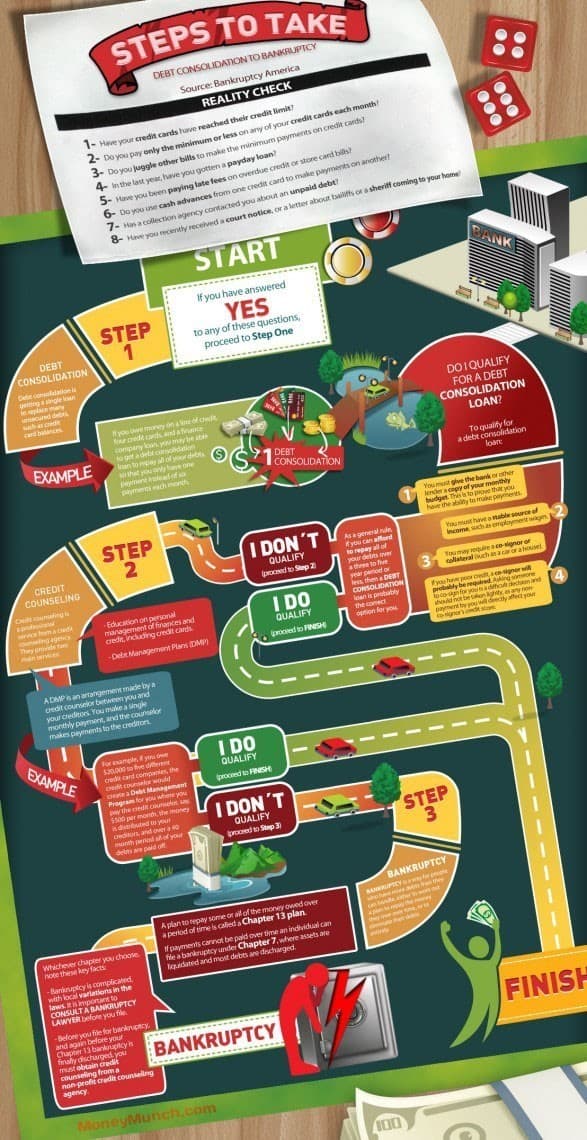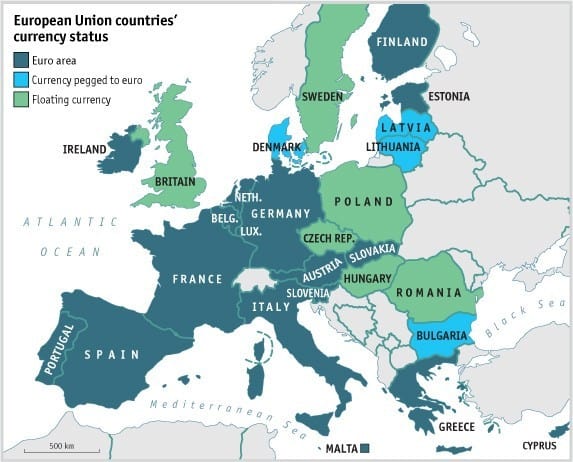
In a sense, it is difficult to imagine the stock marketgoing up on bad economic news, but that’s the way it is. The stock market and Wall Street compose a system that only serves itself and its participants. I’d never fight the Federal Reserve in terms of investment strategy, but the stock market betting on a third round of quantitative easing (QE3) illustrates the real problems that the U.S. economy and the eurozone are facing. It is an age of austerity, and there’s very little economic growth to be had.
There are lots of near-term beneficiaries of the current hype; gold and silver stocks are soaring, and it’s a well-deserved turnaround in the precious metals sector. The near-term action in the stock market is good, but it’s even better for gold stocks. The U.S. dollar is under pressure, but that’s what the Federal Reserve wants: increasing money supply, artificially low interest rates, and a weaker U.S. dollar. It’s all in the name of economic growth; but at the end of the day, the business cycle still wants to play itself out and the subprime mortgage-induced bubble is still a force to be reckoned with. Economic growth, as we used to know it, is now a thing of the past.
Intel Corporation (NASDAQ/INTC) is a benchmark stock that I follow regularly, and the company’s third-quarter revenue warning was significant. The company cut its third-quarter revenue expectation to $12.9–$13.5 billion, down materially from the previous range of $13.8–$14.8 billion. The company cited weak economic growth in the U.S. economy and the eurozone, which has consumers holding onto their wallets, for the cut. Tellingly, the company withdrew all other quarterly and full-year expectations. This is definitely not good for both Intel and the stock market.
So while the stock market may still be ticking higher and the Federal Reserve will likely appease Wall Street, the underlying economic data is still weak, and this is why I feel that the stock market will soon top itself out. (See “The Fed Can’t Help the U.S. Economy Anymore.”)
It is likely that 2013 will be a very difficult year; economic growth over the rate of inflation is highly unlikely.
Corporations have pulled out all the stops to keep their earnings afloat, and they’ve done a good job of it over the last couple of years. But with little in the way of economic growth in the U.S., no economic growth in Europe, and declining economic growth in Asia, American corporations are about to feel a blow to revenues. Intel is the perfect example. Earnings in the third quarter can still beat consensus, but that’s only because these expectations have already come way down. The most important number this upcoming earnings season is revenue and we could be in for a nasty surprise.
I want to be bullish going into 2013, but it’s difficult, given minimal economic growth. I had a more positive outlook just a little while ago, but Intel’s news is like a canary in the coal mine. Stock market investors need to be extremely cautious going forward. I repeat my view that a conservative investment stance is warranted, and there’s no reason for long-term investors to be buyers in this market.
To become a subscriber, subscribe to our free newsletter services. Our service is free for all.



